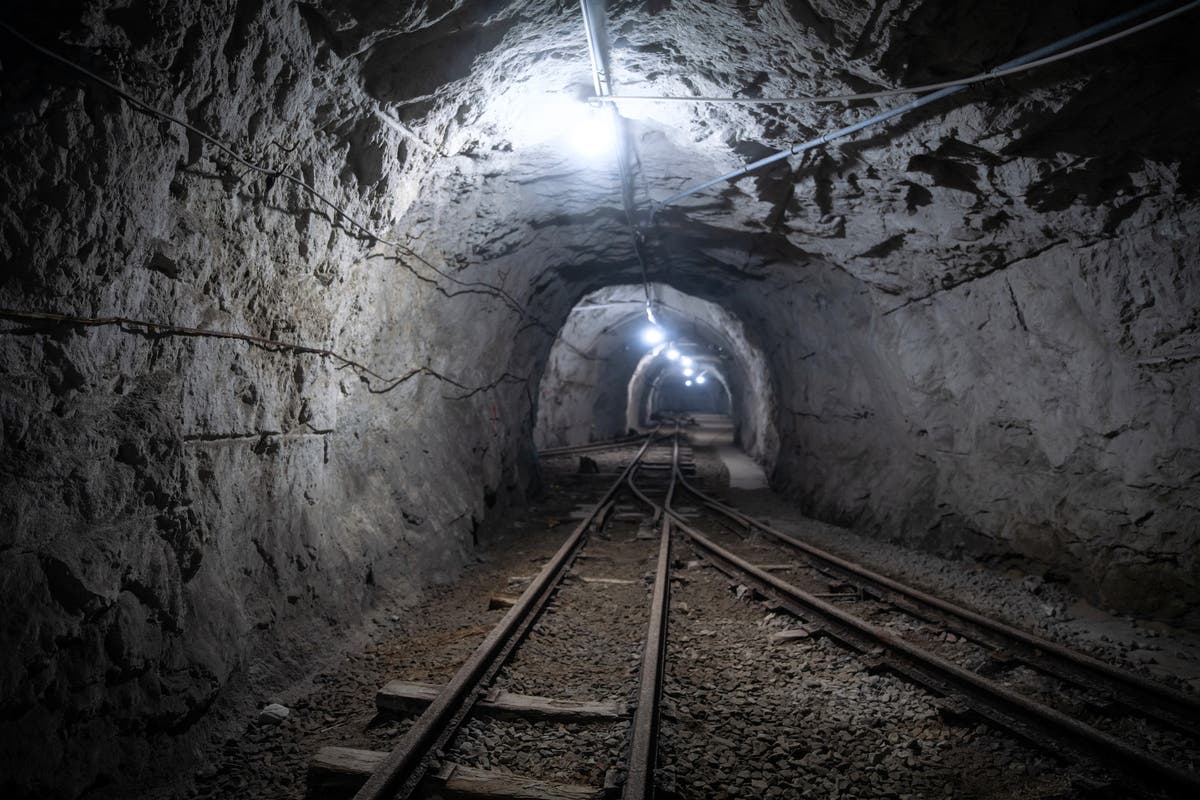Not this shit again…
It is dumb and won’t work.
Literally never looked into grav batteries, but what are the problems with the “tech” (if you can even call it that…)?
Not the exact same project, but the general concept is the same:
I know Thunderfoot can be controversial, but he has also made videos about the concept
Unless I missed something big, it seems to me like the video doesn’t discredit using abandoned mine shafts and gravitational potential energy, just a particular company’s approach to this sort of energy storage, where they wanted to do it above ground and overcomplicated.
I don’t think the article’s claims of “enough energy to power the planet” carry any weight, but it is nice to see an innovative use to “dead” infrastructure, right?
This is the best summary I could come up with:
An abandoned mine in Finland is set to be transformed into a giant battery to store renewable energy during periods of excess production.
The disused mine will be fitted with a gravity battery, which uses excess energy from renewable sources like solar and wind in order to lift a heavy weight.
The gravity battery system has been developed by Scottish firm Gravitricity, which plans to use the Finnish mine as a full-scale prototype to demonstrate the technology.
A study last year by the International Institute for Applied Systems Analysis (IIASA) estimated that gravity batteries in abandoned underground mines could store up to 70TWh of energy – enough to meet global electricity demands.
“This significantly reduces the cost and facilities for the implementation of Underground Gravity Energy Storage (UGES) plants,” the study noted.
“We are developing innovative, long-life, underground technologies which store energy safely and deliver it on demand at a lower lifetime cost than current alternatives.”
The original article contains 393 words, the summary contains 156 words. Saved 60%. I’m a bot and I’m open source!

